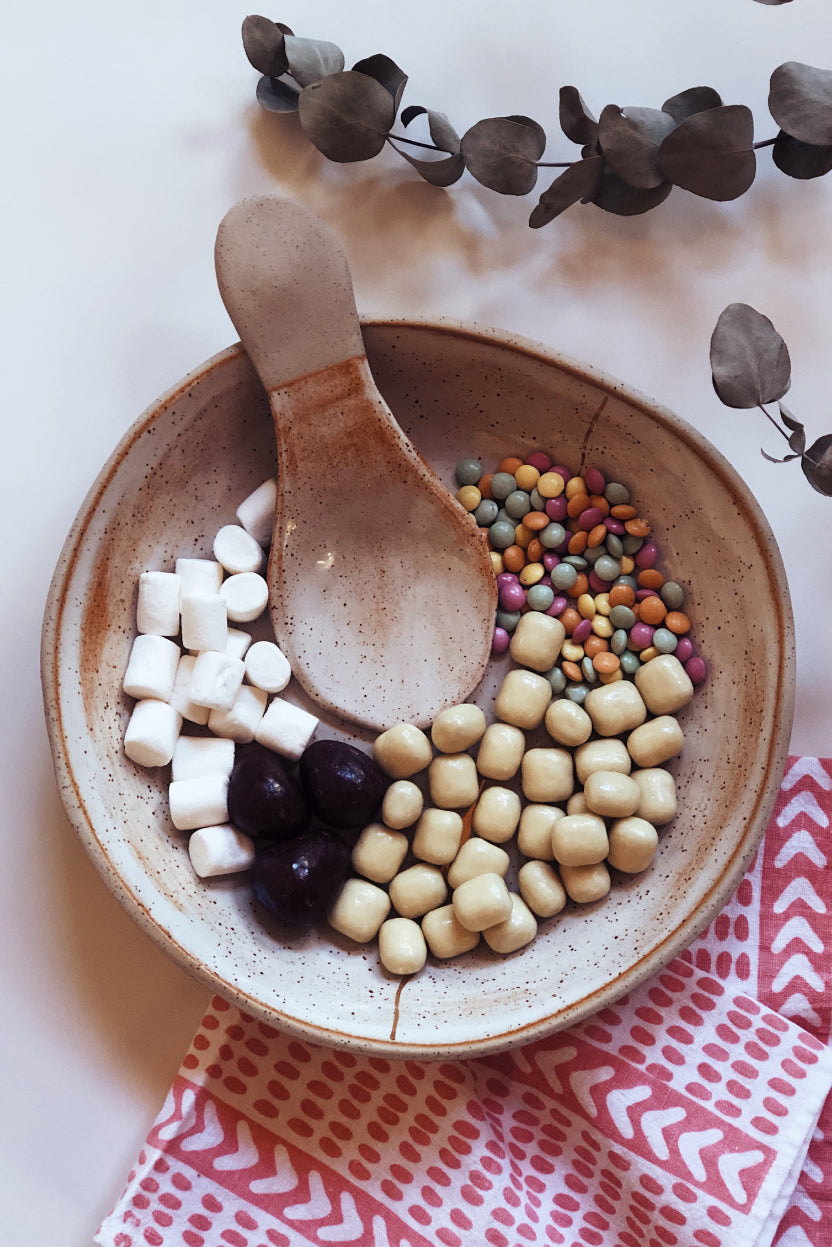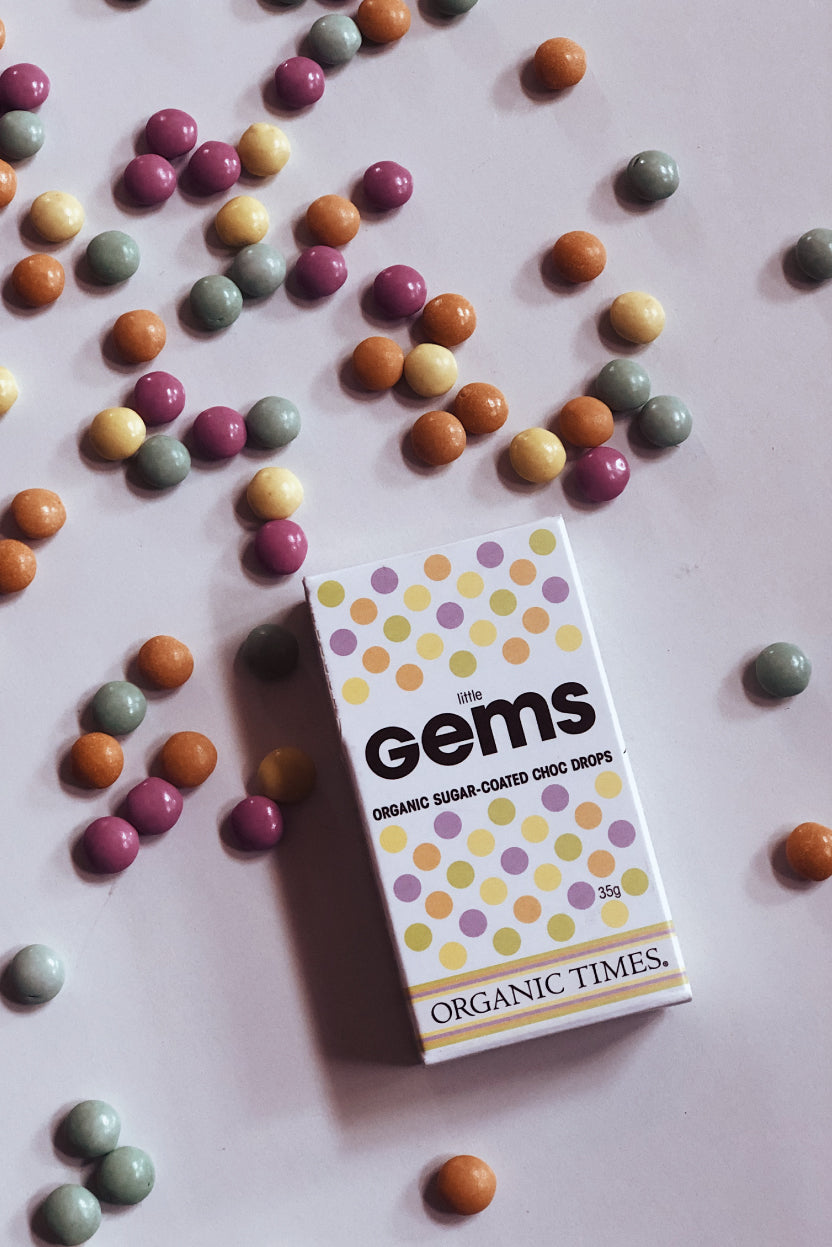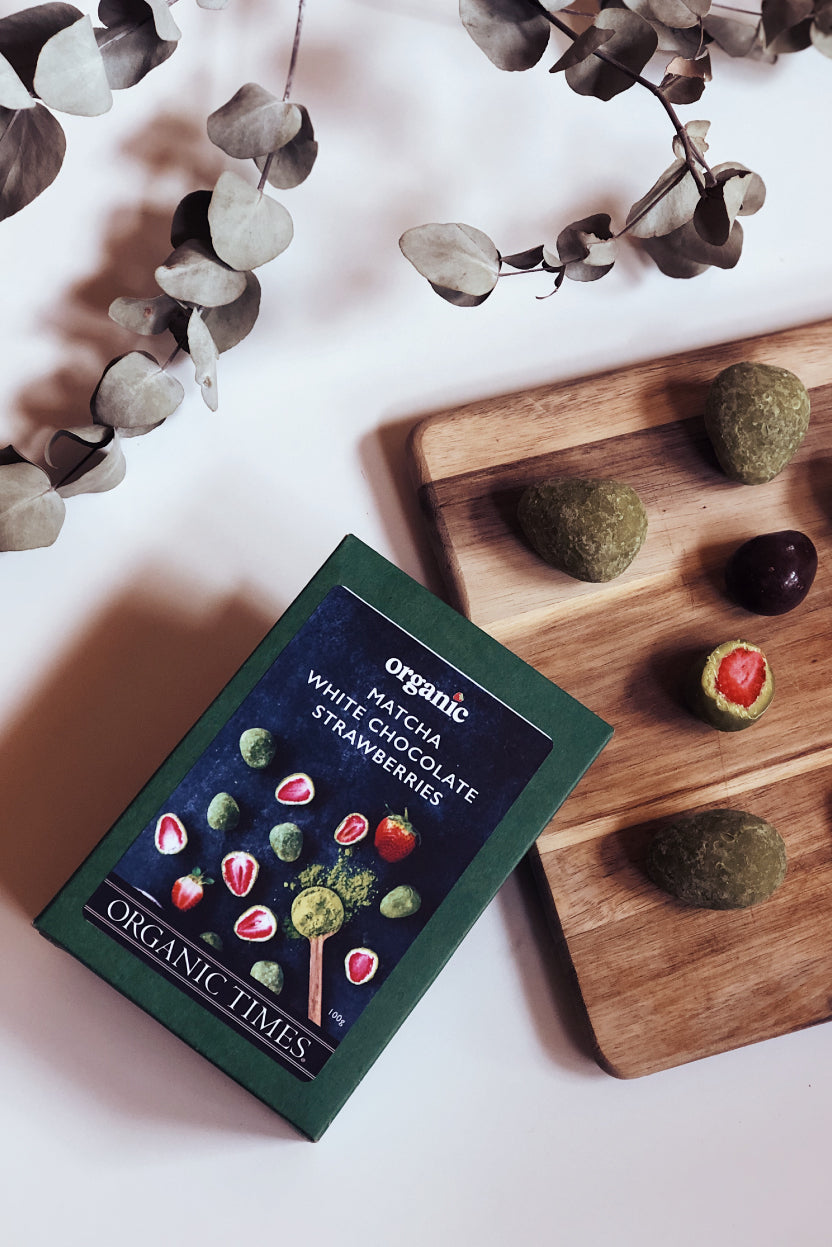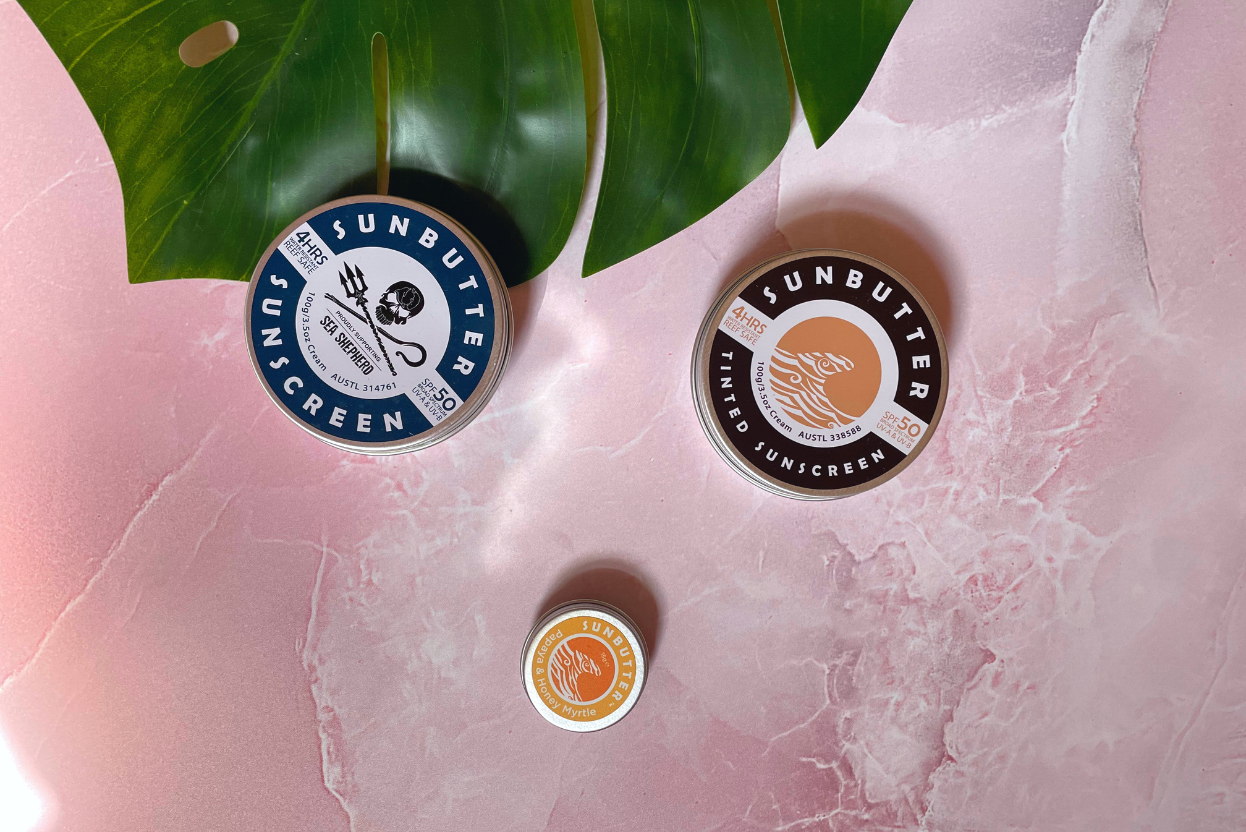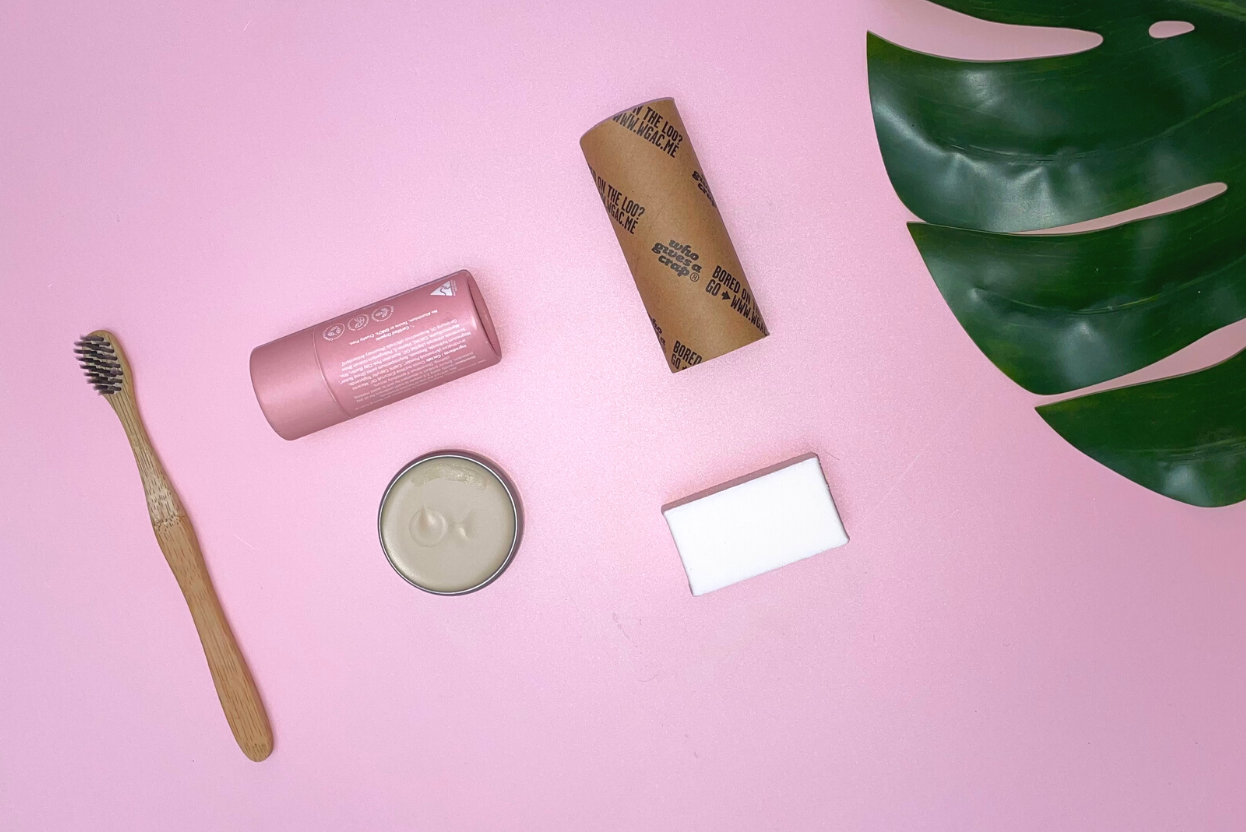Shopping on an empty stomach is never a good idea, and it's easy to gravitate towards fast and cheap options during the week when you shop without a plan. It's even easier to question the benefits of buying organic and to question how and why organic carrots are so different from the regular kind, right? They're both orange, crunchy and pointy, but when it comes to what we put in our bodies, it's not just about what food looks like on the outside.
In the case of organic food, the proof really is in the pudding. Organic foods are the niche and not the norm, but it should be the other way around. Typically, organic foods avoid harmful pesticides during the cultivation stages, and organic foods are free from nasty ingredients too. Eating organic produce is better for our bodies and the environment, and organic goodies are free from antibiotics, growth hormones, stimulants, and Genetically Modified Organisms - none of which belong in the body.
Managing Director of Organic Times, Lawrence Chang, agrees, and he's always happy to talk about the benefits of eating organically. I've personally tried the Organic Times' range, and it was a struggle not to eat everything before I'd finished styling and snapping it all - seriously. I'm not a sweet tooth, and I'll choose cheese over chocolate any day of the week, but since ravishing through my Organic Times pack, I've already been out to buy four more packs of the Organic Almonds.
After 20 years in business, Lawrence is an authority on the topic of delicious goodies and organic eating, and he has built a strong following of customers who hunt down the Organic Times' range...
How was Organic Times born?
This story goes back more than 20 years ago when the organic industry didn’t really exist in Australia. At the time, 'organic' was just a category within the health food market.
Not long out of university, I worked as an accountant (with a strong sales focus) for a large natural and organic food company. It was during this time that I developed a passion for what the organic industry represented and its necessity. I found it inspiring to be surrounded by clever people who saw business as more than just a way to make money and more than just a case of supply and demand, but rather the chance to make a difference and have a positive impact.
Growing up in Melbourne, I would describe myself as someone who was brought up eating good food rather than healthy food. For my family, it was always about quality produce and the taste profile. I figured there must be others out there like me - people who want to eat more responsibly, however without compromising flavour and taste.
Organic chocolate was the obvious choice to begin my business. Who wouldn’t love the best tasting chocolate - decadent swiss couverture premium chocolate - made ethically and sustainably? It's basically, everything you love about your favourite chocolate but also certified organic, fair-trade and without the nasties.
Why do you support The Orangutan Project?
The Orangutan Project is a fantastic initiative. Their Save The Forest and Orangutan Adoption Program allows us to easily see how our sponsorship can make a positive difference. Our monthly donations have given us the opportunity to adopt two orangutans and to help protect 4km squared of forest and six orangutans’ habitats.
From the very beginning, Organic Times has been against the use of palm oil in all our certified organic products. When your main company objective is to offer products that are sustainable and ethical, how can we ignore the negative impact palm-oil is having on our environment and wildlife. As an ethically driven company, we cannot consider cheaper ingredients at the cost of our planet. Especially when there are other alternatives that do not endanger animal species and their natural habitat. For example, when it comes to making our delicious organic cookies, we choose to use premium ingredients like organic grass-fed butter instead of palm oil.
According to The Orangutan Project, by saying yes to palm oil manufacturing, we are continuing to lose over 6000 orangutans a year. In the last 20 years, over 3.5 million hectares of Indonesian and Malaysian forest have been destroyed to make way for palm oil. This means that almost 80% of the natural habitat for orangutans and other precious animals have already disappeared.
Why is it important to work with local suppliers and farmers who share your values around organic production and sustainable agriculture practices?
The organic industry is still growing here in Australia and compared to other countries, remains relatively small. We believe it’s important to support other companies who have the same mission as us, as we share and understand the same challenges.
Also, working with local suppliers and farmers wherever possible reduces our carbon footprint. Working with likeminded people enables us all to achieve our values and beliefs with more integrity and certainty.
How have you seen the market change over the last two decades in terms of the growth in awareness of the importance of sustainability and eating organically?
Our knowledge of organic foods was next to zero back then. Fast track 20 years and the sector is now mainstream, valued at over $3billion to the economy.
I think in the past, most of us really didn’t question what was in our everyday food. We just assumed that if it could sit on our supermarket shelves, then it was safe to consume. We also didn’t think about what things like 'fair trade' really meant, or what negative effect we were having on our environment.
I believe that with growth in awareness, we have seen more people turning to organic products for extra reassurance and peace of mind.
Some of your packaging is made from recycled cardboard. How do you embrace plastic-free packaging as a food-based business?
We are proud to say that the boxes we use are made from recycled cardboard, and they are made and printed right here in Melbourne.
We are constantly trying to improve our sustainability practices. Finding that balance between commercial reality and being an environmentally conscious business is a worthwhile challenge we face daily. Currently we are in the process of moving to biodegradable and compostable plastic, however, we are yet to find the correct packaging that meets out eco-friendly needs, while still doing the plastic’s actual job - to maintain food product integrity and safety.
What do you feel about ‘greenwashing’ and how other companies use false accreditations and labelling as marketing tools?
Personally, I hate it because it makes what we are trying to do so much harder. It’s deception! It’s just another way that bad businesses can take advantage of peoples’ trust and unfortunately damage the path for those trying to do the right thing.
Doing right by our environment and planet shouldn’t be used purely as a marketing tool. It should be a responsibility for all individuals and organisations to leave an as minimal carbon footprint as possible.
Also, it’s costly to have proper accreditation and to be sustainable. Not having correct accreditations but claiming to have them, damages the cause and makes it an uneven playing field.
You previously worked for a large Australian health food company. How did it affect the way you shaped your own brand?
Working for a large Australian health food company gave me insight into an industry I knew little about. I gained a wealth of experience and a lot of knowledge, along with a great network of people keen to do positive things for our environment.
Filled to the brim with knowledge and passion of all things organic, I ventured out on my own, to start my brand with a mission to make ethics and integrity the forefront of all my company decisions.
How do you ensure that both health and taste are balanced in your products without compromise?
Our quality products are sustainable, ethical, natural and delicious. We don't claim to be health food, just a better organic alternative. Our aim is to offer customers a more ethical and sustainable version of their favourite treats and pantry staples. We try to tick as many boxes as possible but for us, it’s still meant to be a treat.
How do you encourage everyday consumers to eat more responsibly?
It’s simple! By offering customers certified organic products, we know it’s healthier because organic ingredients are produced and grown without the use of nasties such as herbicides, pesticides, artificial fertilizers, chemicals, hormones and GMOs. To us, certified organic is synonymous with premium, and there is no better taste when it comes to real food than using quality ingredients.
Indulge in organic tasty treats that are kinder on your body and the environment and shop the range at Organic Times with TFA20 for 20% off. Enjoy!
The Fashion Advocate x
